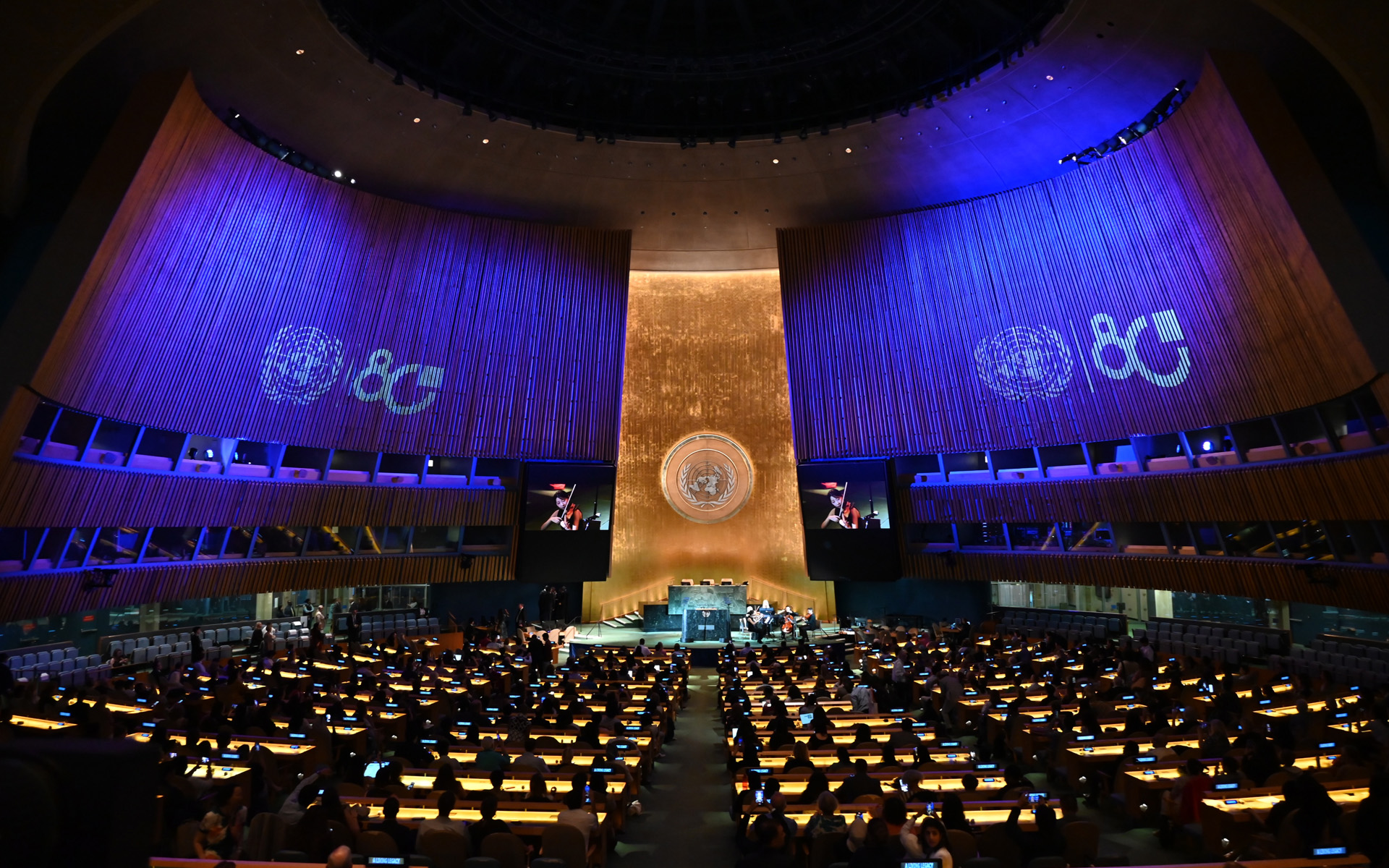
Amina Alidi, a Malawian youth advocate, stated during the 30th anniversary of the World Programme of Action for Youth: “Listen to us. Invest in us. And most important of all: partner with us.”
As world leaders convene at the 80th United Nations General Assembly (UNGA) in New York to deliberate on peace, security, human rights, and sustainable development, the voices of young people, particularly Gen Z, are rising on the streets worldwide. From Ladakh to Lima, Jakarta to Kathmandu, they are demanding what the UN agenda often promises but rarely delivers: meaningful youth representation, accountability, and transparency in governance.
Born between 1997 and 2012, Gen Z is the most digitally connected generation in history. Smartphones, social media, and online platforms have equipped them with tools to mobilize, document injustice, and amplify their frustrations in ways previous generations could not. This digital savviness is no longer confined to trends; it has become a weapon against corruption, nepotism, and systemic exclusion. In September, as heads of state delivered speeches at the UNGA, young protesters are demanding statehood and constitutional safeguards around the world.
These protests reveal a shared frustration: development has been measured in data points, but youth realities remain bleak. UN agencies in Nepal, for instance, proudly highlight progress in reducing poverty, maternal mortality, and child marriage while improving HDI scores. Yet, these figures hide the everyday struggles of young people forced into migration because of unemployment and weak governance. The 2021 Census shows nearly 38 percent of Nepal’s economically active population is jobless. Every ride-hailing driver or young social media user seems to carry the same dream—leaving the country in search of dignity and work.
The contradiction is stark. On paper, both the UN and governments celebrate youth inclusion. Nepal’s National Youth Policy, Youth Vision 2025, and the National Youth Council all commit to empowerment and participation. The UN adopted the World Programme of Action for Youth in 1995, and leaders repeatedly reaffirm their commitment to its principles. But when Gen Z took to the streets in Nepal on September 8–9, their protests toppled a government within 48 hours—proof that policies have failed to reflect youth aspirations.
Gen Z’s numbers cannot be ignored. In Nepal alone, 9 million people fall into this cohort, and their coordinated activism has already shifted political realities. Their demand is not charity or token representation but genuine partnership in decision-making. They reject the outdated bureaucratic systems and politically captured institutions that have blocked their voices for decades.
This is the message that resonates across continents and should echo through the UNGA halls: stop treating youth as beneficiaries and start recognizing them as partners. While UN reports and national governments celebrate statistical achievements, the lived experiences of young people reveal exclusion, unemployment, and rising disillusionment with democracy.
The UNGA’s theme this year—“Better Together: 80 Years and More for Peace, Development, and Human Rights”— should acknowledged youth and address their frustration.
Gen Z’s message to the UN and its member states is clear: development cannot be counted only in indices; it must be felt in daily lives. Their protests are not isolated disruptions but a collective global demand for a future built on justice, accountability, and meaningful inclusion. If ignored, the cost will not only be broken promises but broken democracies.